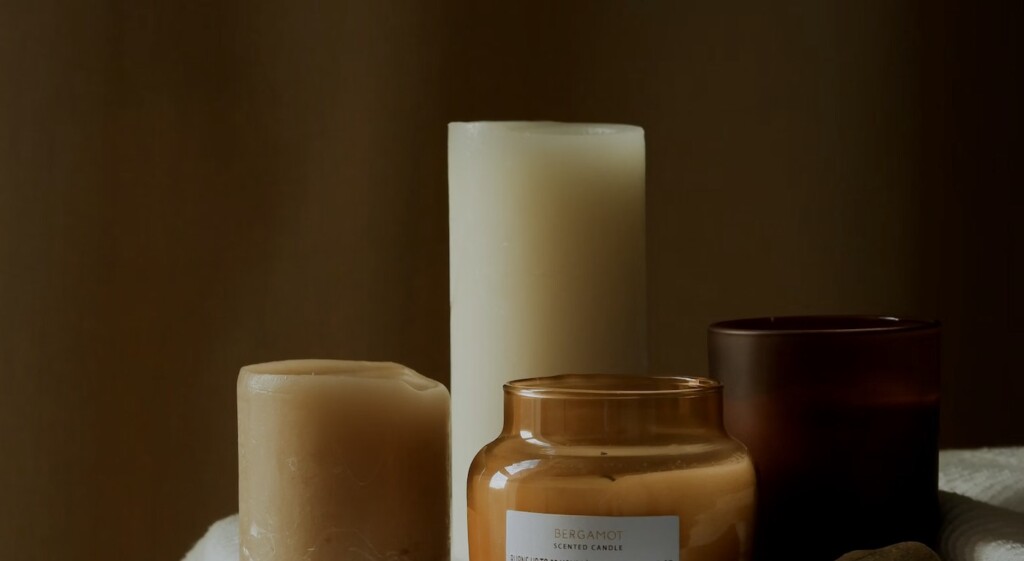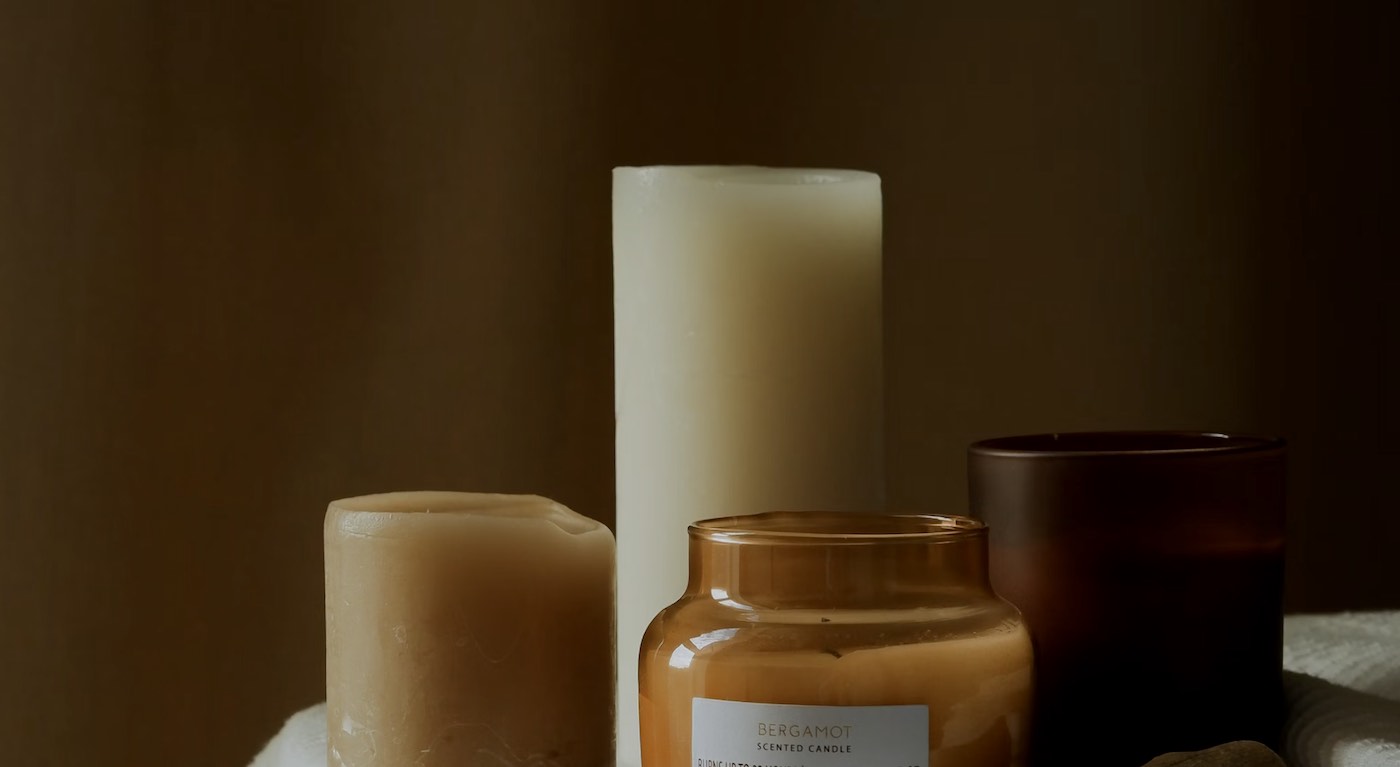
When a fragrance wafted through the bedrooms of older adults for two hours every night for six months, memories skyrocketed. Participants in the study by neuroscientists reaped a 226% increase in cognitive capacity compared to the control group.
The University of California researchers in Irvine said the finding transforms the long-known tie between smell and memory into an easy, non-invasive technique for strengthening memory and potentially deterring dementia.
The study which was published in Frontiers in Neuroscience involved men and women aged 60 to 85 without memory impairment. All were given a diffuser and seven cartridges, each containing a single and different natural oil. People in the enriched group received full-strength cartridges. Control group participants were given the oils in tiny amounts. Participants put a different cartridge into their diffuser each evening prior to going to bed, and it activated for two hours as they slept.
People in the enriched group showed a 226% increase in cognitive performance compared to the control group, as measured by a word list test commonly used to evaluate memory. Participants also reported sleeping more soundly.
Brain imaging revealed better integrity in the brain pathway called the left uncinate fasciculus. This pathway, which connects the medial temporal lobe to the decision-making prefrontal cortex, becomes less robust with age.
Scientists have long known that the loss of olfactory capacity, or ability to smell, can predict development of nearly 70 neurological and psychiatric diseases—including Alzheimer’s and other dementias, Parkinson’s, schizophrenia and alcoholism. Evidence is also emerging about a possible link between smell loss due to COVID and ensuing cognitive decrease.
RELATED: Smells Like History: Academics Recreate the Lost Smells of Europe for Museums
Researchers have previously found that exposing people with moderate dementia to up to 40 different odors twice a day over a period of time boosted their memories, enhanced language skills, eased depression, and improved their olfactory capacities.
The UC-Irvine team decided to try turning this knowledge into an easy and non-invasive dementia-fighting tool.
“By making it possible for people to experience the odors while sleeping, we eliminated the need to set aside time for this during waking hours every day,” said project scientist Cynthia Woo, the study’s first author.
The researchers say the results bear out what scientists learned about the connection between smell and memory.
“The olfactory sense has the special privilege of being directly connected to the brain’s memory circuits,” said Michael Yassa, professor and James L. McGaugh Chair in the Neurobiology of Learning & Memory. The director of CNLM, he served as collaborating investigator.
SMELLS GOOD: Some People Are Magnets for Mosquitoes – It Could Be the Soap They’re Using
“All the other senses are routed first through the thalamus. Everyone has experienced how powerful aromas are in evoking recollections, even from very long ago.”
Over the age of 60, the olfactory sense starts to fall off, along with cognition.
“But, unlike with vision changes that we treat with glasses and hearing aids for hearing impairment, there has been no intervention for the loss of smell.”
The team would next like to study the technique’s impact on people with diagnosed cognitive loss. The researchers also say they hope the finding will lead to more investigations into olfactory therapies for memory impairment.
CHECK OUT: Clean Smells Promote Moral Behavior, Study Suggests
A news release from the University said a product based on their study for people to use at home is “expected to come onto the market this fall”.
SHARE This Sweet Smell of Success With Aging Friends on Social Media…





















A gerontology pro told me that getting a good night’s sleep makes a huge difference in her patients’ cognition each day. So the aromas may be helping memory simply because they improve sleep. I wonder if the team factored that in?
Good point. I also wonder what if any difference it made what the aroma was, like does sandalwood work better than vanilla or a flowery fragrance etc